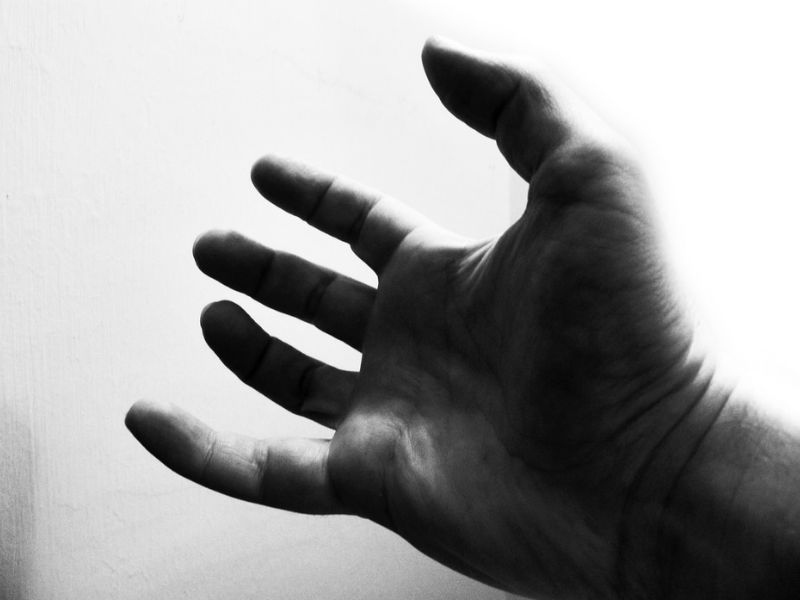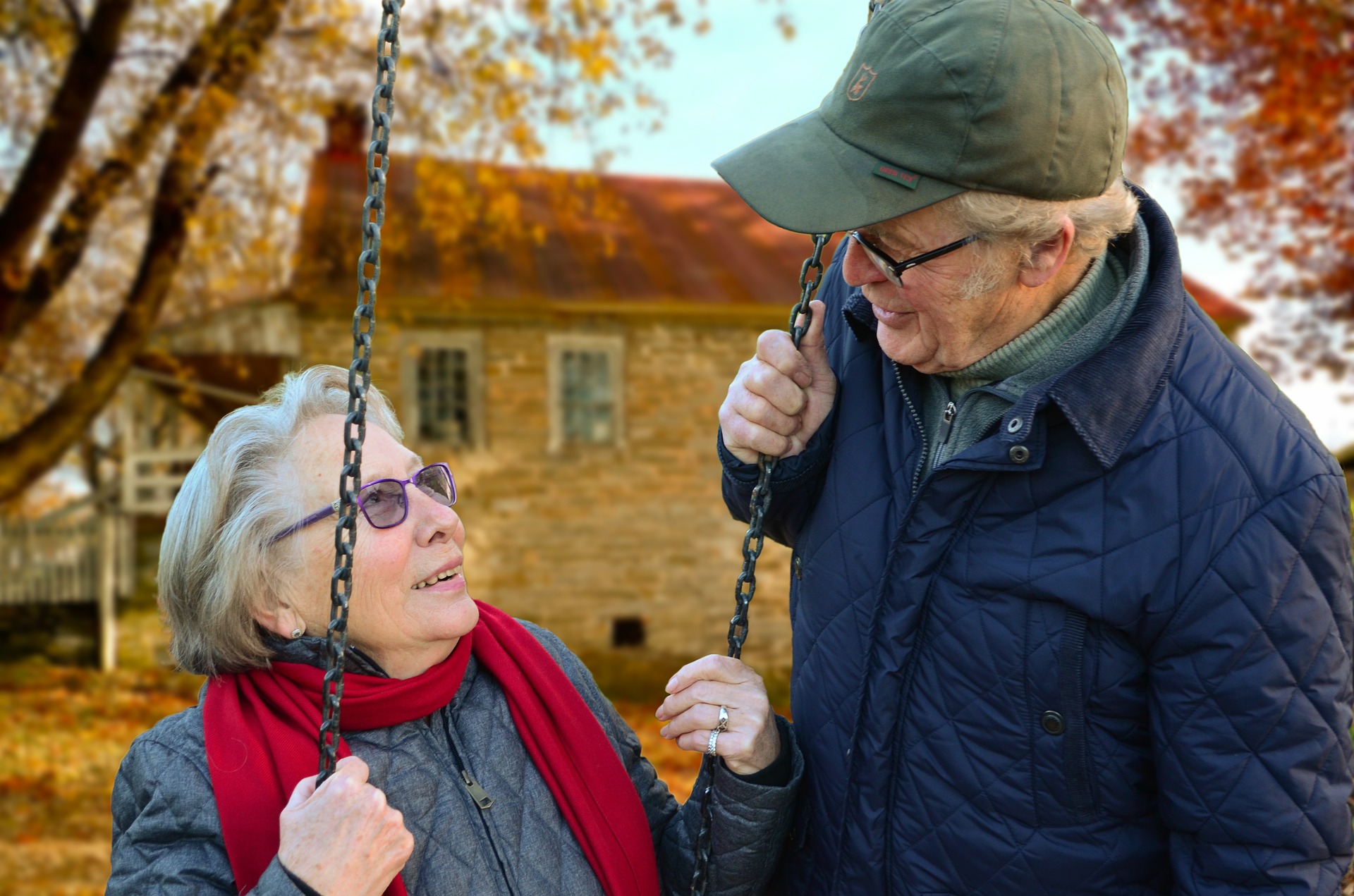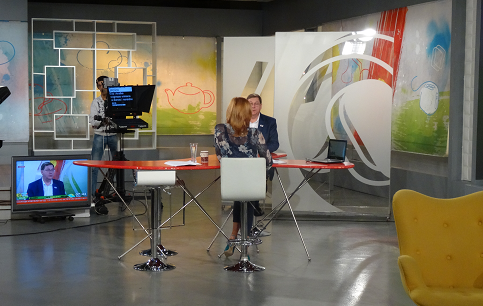
Sep 20, 2016
A virtual reality world called EVA Park can improve the communication of those who have impaired speech and language following a stroke, according to research by academics at City University London.
The study, which is published in PLOS ONE, is the first exploration of multi-user virtual reality in aphasia therapy and shows the potential for technology to play an important role in improving the everyday lives of people with the condition. (more…)

Sep 19, 2016
For too long the approach to raising the issues around stroke care has been fragmented. Commercial, patient and professional voices are often involved in separate campaigns leading to noise in the system that decision makers have all too easily been able to ignore. For this reason, on September 13th, Stroke Alliance for Europe European invited Stroke Organisation to host together a meeting with numerous representatives of the industry and communication agencies in the Stroke Association House, London. (more…)

Sep 16, 2016
A new electrical stimulation therapy helped stroke survivors with hand weakness improve hand dexterity more than an existing stimulation technique, according to new research in the American Heart Association’s journal Stroke.
About 800,000 people in the United States have strokes each year, according to the American Heart Association. Stroke usually results in some degree of paralysis or partial paralysis on one side of the body, which can result in survivors having difficulty opening a hand. A common therapy in stroke rehabilitation uses low levels of electric current to stimulate the paralyzed muscles to open the hand, improve muscle strength and possibly restore hand function. Stimulation intensity, cycle timing, and repetitions are set by a therapist. (more…)

Sep 16, 2016
Sometimes the best medicine is the care of family and friends.
Strong social support is related to shorter stay in inpatient rehab after hospitalization
A recent study from The University of Texas Medical Branch at Galveston showed that patients with strong social support from family and friends spend less time in an inpatient rehabilitation facility. This study is currently available in the Archives of Physical Medicine and Rehabilitation. (more…)

Sep 9, 2016
On the morning of 9th September 2016, the President of SAFE, Jon Barrick made an appearance on Serbian national TV as the main guest of the Morning show. The topics discussed were all related to stroke, its prevention, treatment and rehabilitation across Europe, as well as the role of stroke support organisations in this matter.
You can watch the video clip here. Since it is in Serbian language, please read below the translated transcript of the conversation between Jon Barrick and the host of the Morning show.
(more…)

Sep 5, 2016
The new oral anticoagulants provide the same stroke prevention as warfarin but cause less intracranial bleeding, reports an observational study in more than 43,000 patients presented at ESC Congress 2016 by Dr Laila Staerk, a research fellow at Herlev and Gentofte University Hospital, Denmark.
“Atrial fibrillation is the most common cardiac rhythm disorder and currently affects more than 10 million Europeans,” said Dr Staerk. (more…)

Sep 2, 2016
The phrase “it looks so good you can almost taste it” may actually be scientifically proven based on the findings of a new study by Stony Brook University researchers that explored how the brain processes stimuli predicting taste. They discovered that the gustatory cortex, the part of the brain that mediates the conscious perception of taste, relies on all the senses to anticipate taste. (more…)

Aug 31, 2016
The World Stroke Organisation (WSO) Board election 2016 is now closed. Stroke Alliance for Europe is proud to share the information that the president of our organisation Jon Barrick is among newly elected WSO Board members.
(more…)

Aug 29, 2016
“FASTER — Face, Arm, Speech, Time, Eyes, React — may be a better acronym for the public campaign,” said Prof. Ashok Handa, senior author of the British Journal of Surgery study.
The study included 150 patients with a confirmed transient ischaemic attack or minor stroke who presented to a clinic in England during a 5-month interval in 2014. Overall 92 (61.3 per cent) of the patients had a delay in presenting to medical services. (more…)

Aug 26, 2016
A new hope for reversing stroke-induced long-term disability emerges thanks to the novel approach in a USC-led study. A human protein combined with stem cell therapy has been found to repair stroke damage to the brain, according to a new USC-led study on mice (more…)










